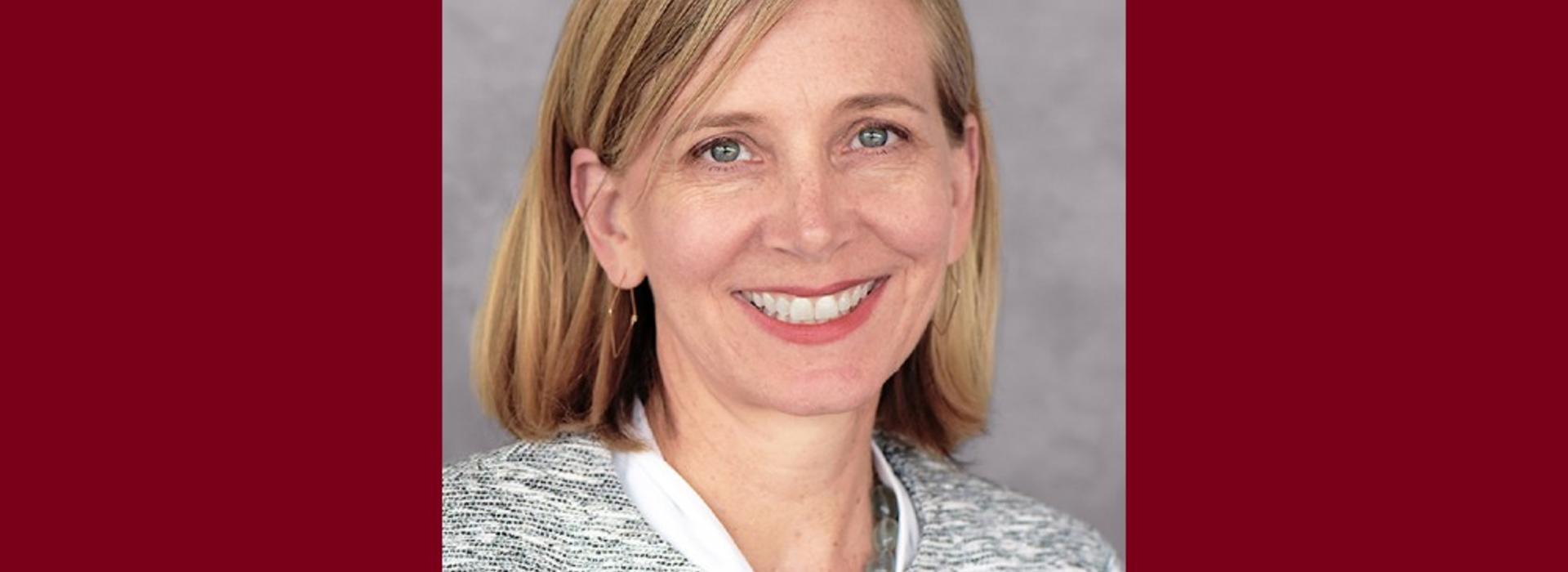
T32 Cancer Related Health Disparities Training Program Gets Renewal
The T32 Cancer Health Disparities Training Program at the University of Minnesota Medical School and School of Public Health recently received its third grant renewal from the National Cancer Institute. This program hosts five trainees at a time — two postdoctoral students and three predoctoral students. Michele Allen MD, MS, an associate professor in the Department of Family Medicine and Community Health, has acted as principal investigator (PI) for this program for five years. Irina Stepanov, PhD, from the School of Public Health and Masonic Cancer Center, is co-PI for the renewal.
“The unique piece about the program is that it is focused around interventions to address cancer disparities, so it is very action-oriented,” Dr. Allen said. “It also spans the translational spectrum, so it looks at putting different types of research into action. We have used a community engagement framework from the very beginning and adapted it over the course of the last 10 years.”
This effort can be seen in the four community organization partnerships that will be central to this renewal and future projects: the American Indian Cancer Foundation, the SoLaHmo Partnership for Health and Wellness, the Stairstep Foundation and the Cultural Wellness Center. These organizations have partnered with T32 in the past, cross-collaborated on different projects and will be instrumental in the next phase of the program.
“The intention of this experience is to have the trainees learn how to work in a partnership,” Dr. Allen said. “It’s based on the idea of creating community-driven projects and negotiating what a project will look like when it is centered on community knowledge. The trainees will learn how to apply that to their own research and working relationships.”
Dr. Allen highlights one trainee’s experience that will frame the program’s work moving forward with the Cultural Wellness Center.
“A recent trainee helped the Cultural Wellness Center analyze data that they collected a number of years ago,” Dr. Allen said. “The product was very community-facing rather than a traditional publication. Through this work, the trainee learned about community perspectives on research and reasons for distrust in the research process. This trainee has shared that her understanding of research from the community perspective will frame her thinking on collaborative research in her career. That’s the experience we are aiming to replicate.”
Although the trainees’ project options are not yet finalized, they will be defined by the community partners and their specific needs. The projects will not be limited to research.
“Our end goal is to train researchers who are prepared to do good, community-engaged, intervention-focused work,” Dr. Allen said. “We want them to come out of this program with a skillset that allows them to work, create interventions and write grants with the community because we believe that is the best platform for addressing cancer health disparities.”
Dr. Allen shared that this program is entering its eleventh year thanks to the institutional funds and continued support from Deans Jakub Tolar and John Finnegan of the Medical School and School of Public Health, respectively. T32 is continuing to accept applications for 2021.